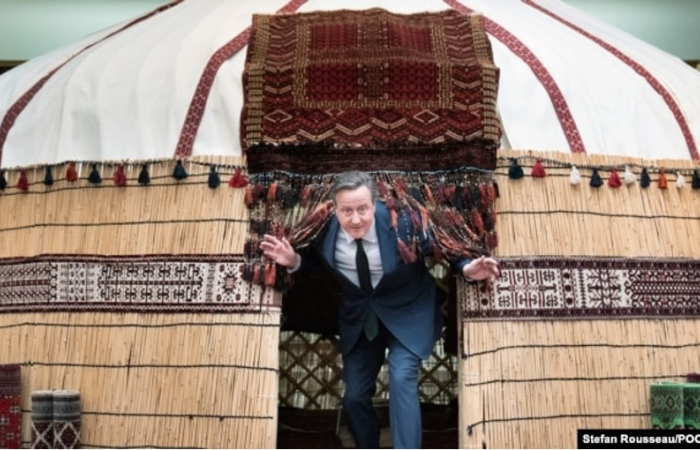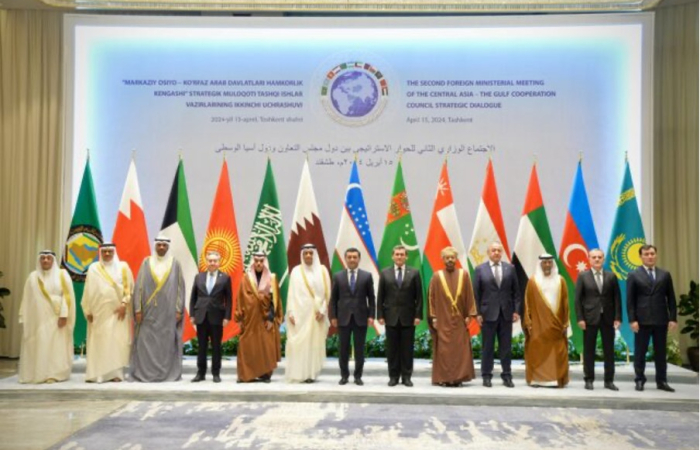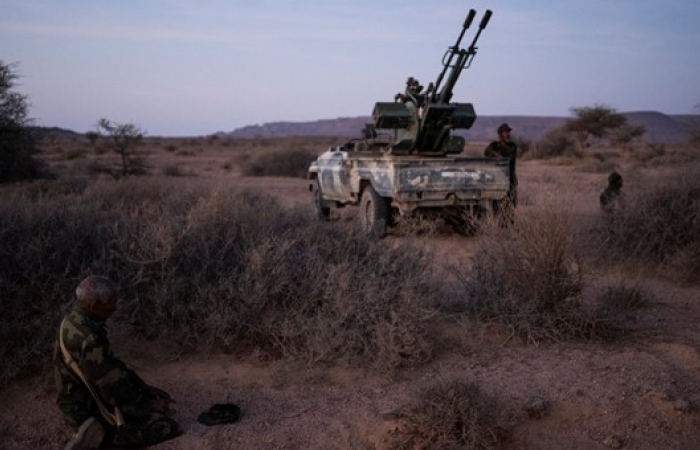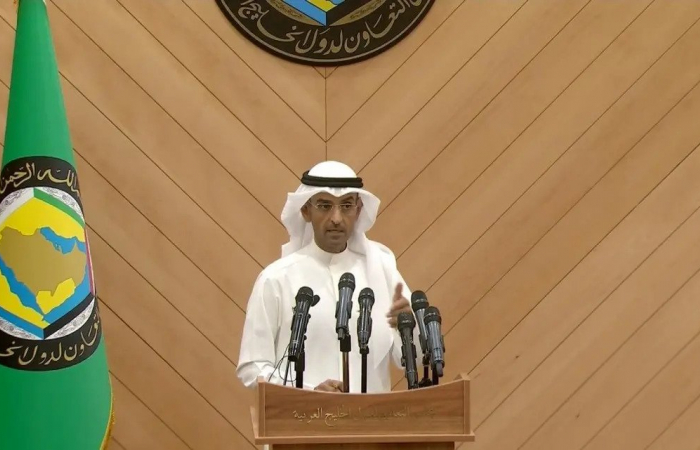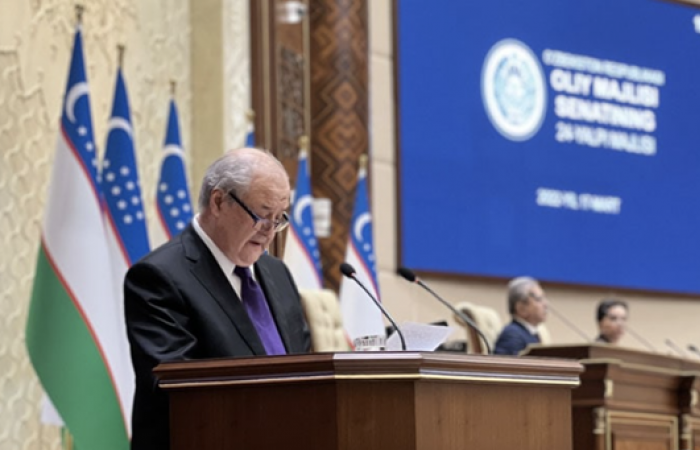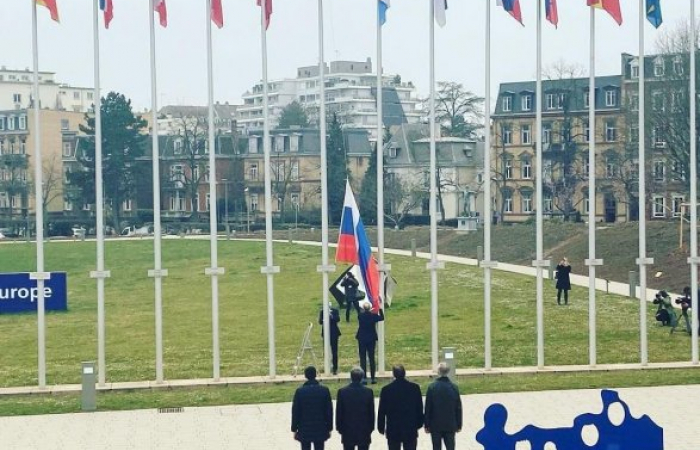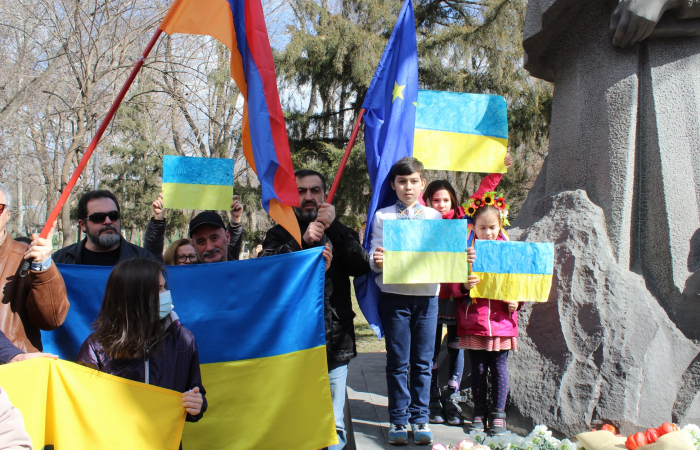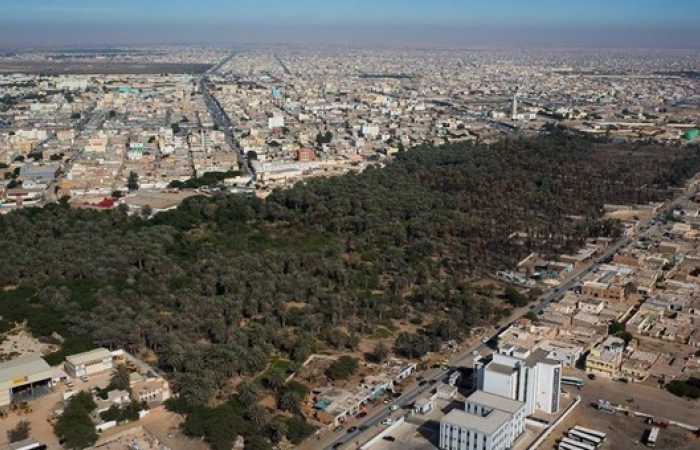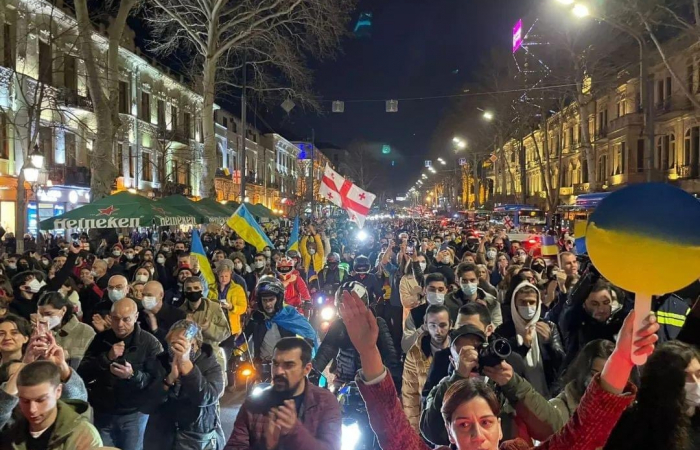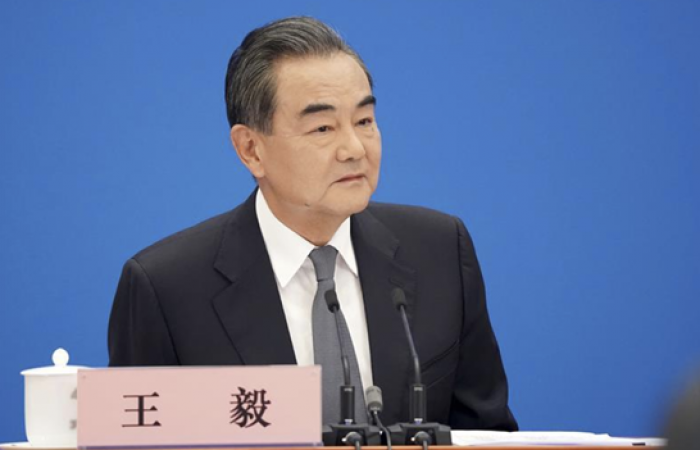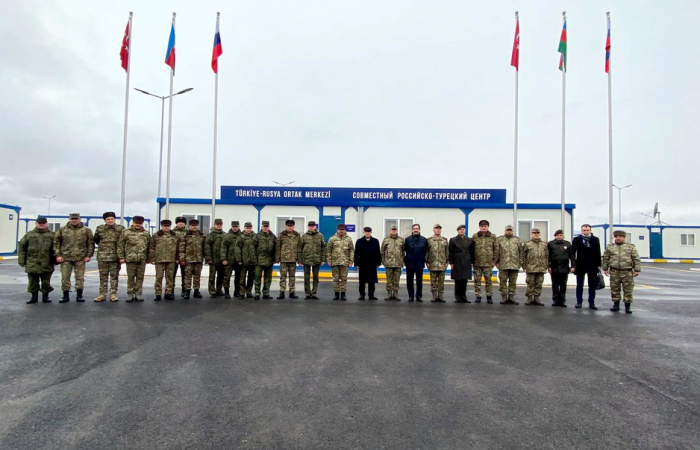Trending
From Blighty with love – UK charm offensive in Central Asia is well thought through
30 April 2024
UK Foreign Secretary, Lord Cameron, conducted a whirlwind tour of the five Central Asian countries and Mongolia in the last days, visiting countries that had never before been visited by a British Foreign Secretary. There is very little you can do on a trip like this when you are in a country for one day, sometimes for a few hours. But this visit was well prepared and was part of a well-thought-through British strategy to engage with Central Asia.



